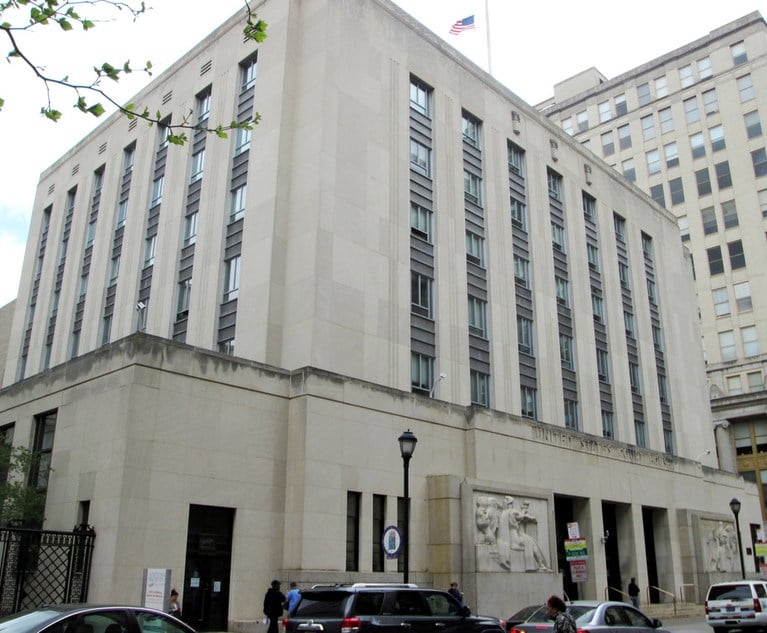Estate planning for most individuals, in particular low-income individuals with few assets, is simple. It does not require much thought or consideration and can, of course, be handled without legal advice. After all, anyone can Google “will,” “living will, “advance directive” or “power of attorney” and find scores of appropriate documents. Then it is just a matter of downloading the template and filling-in names. Simple enough and far easier than finding, working with, and compensating a lawyer. Right?
Most estate planning lawyers would disagree with that view, but it is a common one, perhaps especially for the two-thirds of Americans who have no documented estate plan. I volunteer at Philadelphia VIP to draft planning documents for low-income Philadelphians, and staff attorneys there tell me they encounter clients operating under similar assumptions. To the extent VIP’s clients already have wills, they are often one-size-fits all documents, or they are overly complicated because of bad advice from friends, neighbors or even TikTok videos.


 Howard Vigderman of Montgomery McCracken Walker & Rhoads. Courtesy photo
Howard Vigderman of Montgomery McCracken Walker & Rhoads. Courtesy photo




